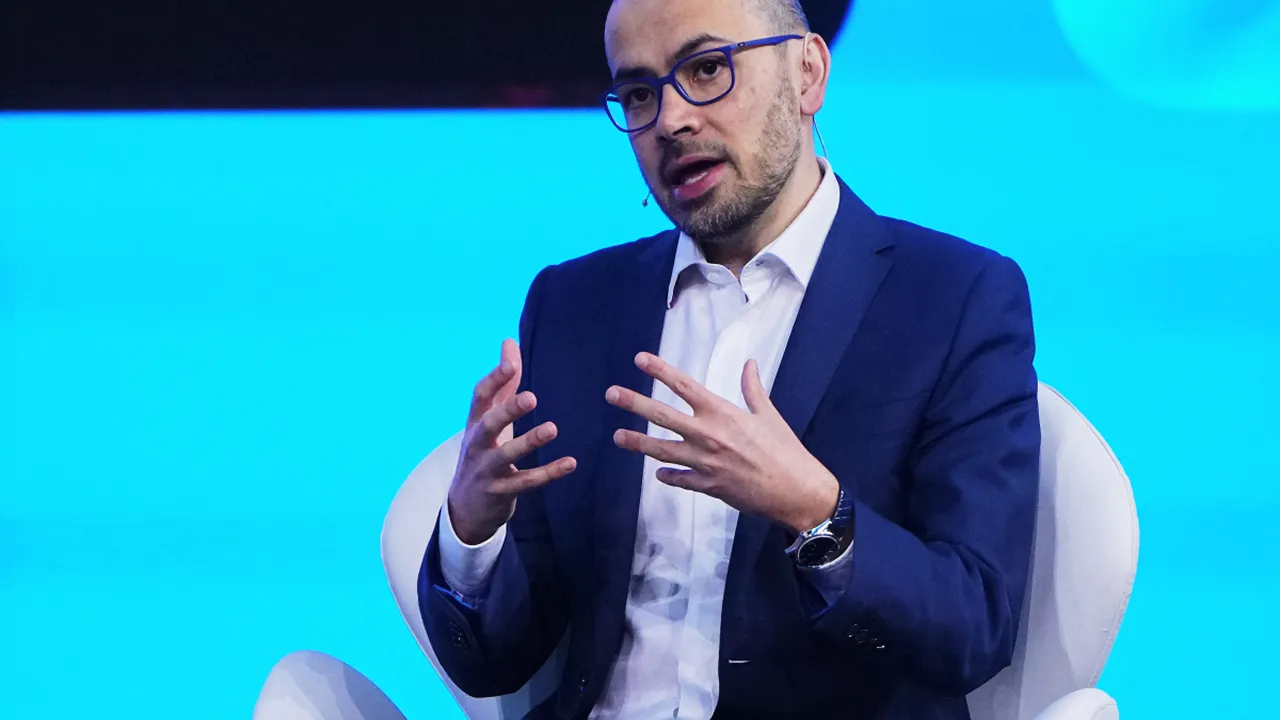Introduction: A Stark Prediction from an AI Industry Leader
Demis Hassabis, CEO of Google DeepMind and one of the key figures in the global artificial intelligence industry, issued a serious warning today, May 25, 2025, regarding the future of the job market. In statements picked up by leading media outlets, including India Today, Hassabis emphasized that Google DeepMind's job market forecast|the rapid development of AI will lead to radical changes in employment within the next five years. His words serve as a powerful signal to youth, workers, and education systems worldwide about the urgent need to adapt to a new reality.
The Five-Year Horizon: What Changes Await Us?
According to Hassabis, the impact of artificial intelligence will not be limited to the automation of routine tasks. It involves a profound transformation of entire industries and professions. AI is expected to perform increasingly complex intellectual functions previously only achievable by humans, leading to the disappearance of some specialties and the emergence of entirely new ones. "We are on the cusp of a period where many traditional career paths may become obsolete," noted the head of DeepMind. He did not name specific professions that would be at risk but stressed that the changes would affect both blue-collar and white-collar workers, requiring everyone to fundamentally reassess their skills and competencies.
A Call to Youth: Continuous Learning and Flexibility are Keys to Success
Demis Hassabis paid particular attention to the younger generation, those just entering the job market or choosing their educational path. He strongly advised youth not to fear change but to actively prepare for it. "The main thing is the ability to learn and relearn quickly, as well as to develop flexibility of thought," he stated. According to him, not only deep knowledge in a specific field (especially in STEM – science, technology, engineering, mathematics) is critically important, but also so-called "soft skills": creativity, problem-solving abilities for non-standard tasks, emotional intelligence, and the ability to effectively interact with other people and with AI itself. He called on educational institutions to revise their programs, focusing on forming these future competencies.
Broader Implications: Challenges for Society and Government
Hassabis's warning extends far beyond individual career strategies. It poses serious questions for businesses, which will need to invest in reskilling their employees and adapting business processes to new AI realities. Government structures and policymakers will have to develop strategies to mitigate the social consequences of labor market transformation, including creating support systems for those who lose their jobs and stimulating the development of new economic sectors. The discussion about universal basic income and the changing concept of "work" itself may also gain new momentum against the backdrop of Google DeepMind's job market forecast|predictions of this magnitude from Google DeepMind.
Google DeepMind's Stance: Responsible AI Development?
Although Hassabis's current statements focused more on the need for human adaptation, his position and Google DeepMind's work traditionally include an emphasis on responsible AI development. It can be assumed that the company will continue research in AI ethics and its social impact, and will also participate in developing tools and educational programs to help society prepare for the upcoming changes.
Conclusion: Time to Act, Not Wait
Demis Hassabis's words are not just a forecast but a call to action. The five-year period he speaks of is very short in terms of the labor market and educational cycles. Google DeepMind's job market forecast|This prediction from Google DeepMind underscores that adapting to the AI era requires immediate and coordinated efforts from each individual and from society as a whole, so that technological progress serves the common good rather than exacerbating inequality.
